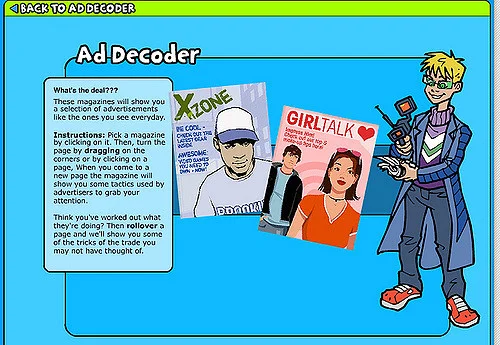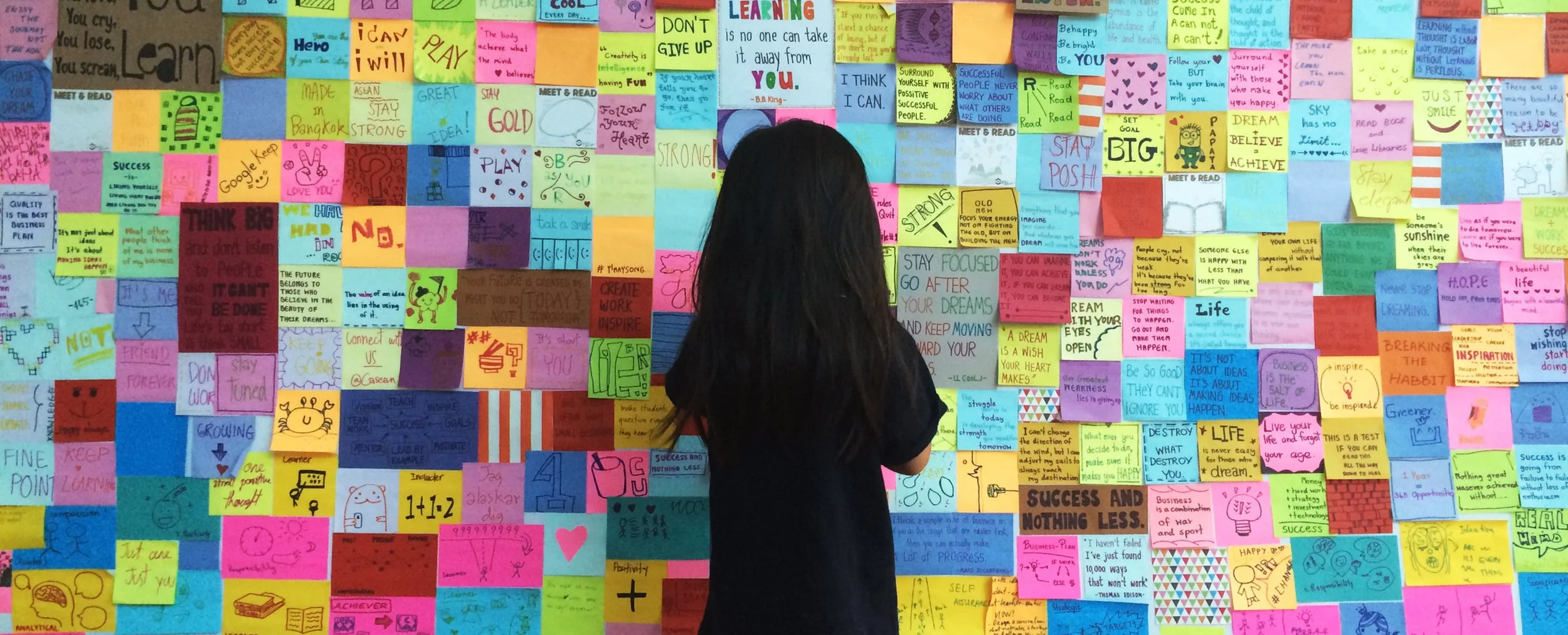10 Specific Ideas To Gamify Your Classroom
/by Mike Acedo
In today’s classroom, educators are constantly required to mold their teaching methods to give students the best opportunity to succeed. It is not only imperative for students to learn the required material, but also critical that students gain a sense of confidence toward their work, and find motivation to expand their learning.
However, this can be difficult for some students, who may struggle in traditional, lecture-based class styles. For some students, finding the motivation to complete homework or prepare for class can be a constant struggle, especially when every effort is met with a poor grade or frustration from teachers and parents. Therefore, teachers must become more and more creative when motivating students to learn.
We’ve talked about designing your classroom like a video game before. Games are one motivator that almost all kids are responsive to. Many teachers have had the experience of asking students to stop playing games such as Angry Birds during class. However, it can be rationalized that games can be a very strong motivator for students when the same game elements are applied in an educational context. Thus, some educators have adopted the concept of Gamification, where the structure of gaming is applied to a non-game framework.
Though some teachers may use game-based learning, such as having students play games like Little Big Planet (featuring Sackboy, pictured above), Minecraft or Civilization to reinforce content, Gamification uses game elements such as challenges, feedback, levels, creativity, and rewards to motivate students to learn, and master concepts.
How To Gamify Your Classroom: 10 Specific Ideas To Get It Done







































